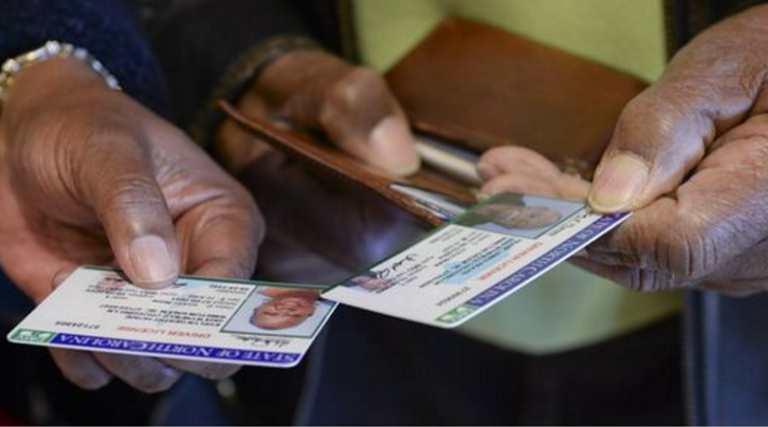
In an amicus brief filed this month in the N.C. Court of Appeals, Democracy North Carolina requests a Wake County Superior Court ruling, voiding the state’s new voter ID requirement and tax cap, be upheld. In its brief in NC NAACP v. Moore, drafted by the Wake Forest University School of Law’s Appellate Advocacy Clinic, the statewide voting rights group says Judge G. Bryan Collins’ February 2019 order halting the voter ID law would help to stop nearly a decade of attacks on the political power of Black voters.
“[F]or years, North Carolina minority citizens had their right to representation harmed as a result of the unconstitutional racial gerrymandering of state districts in 2011,” the brief says. “[The order] was within the Court’s broad equitable powers because of the continual failure to remedy a harm to the constitutional right of equal protection.”
Democracy North Carolina’s brief also calls North Carolina Values Coalition’s argument that NC NAACP lacks the standing to sue as “meritless.” It instead asks the Court of Appeals to uphold the Superior Court’s findings that because “members [of the NAACP] will be effectively denied the right to vote or otherwise deprived of meaningful access to the political process as a result of the proposed Voter ID requirement” they are sufficiently harmed by the law to seek the Court’s relief.